IPCC climate report: 'It's now or never to sort climate crisis'
- Published
- comments
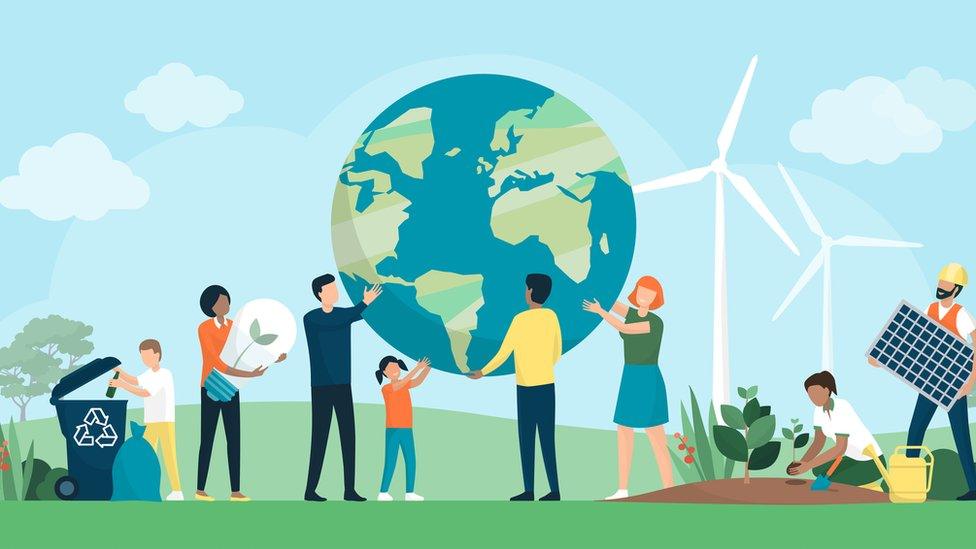
The worst effects of climate change can be avoided but action needs to be taken now, according to United Nations scientists.
They've come up with a plan - agreed line by line with officials from governments around the world - which they think can limit the main causes of dangerous climate change.
At the heart of their plan is making "rapid, deep and immediate" cuts in carbon dioxide (CO2) emissions, and this would have to happen within the next three years.
Even then, the world would also need technology to suck CO2 from the skies by the middle of this century.
Warming climate
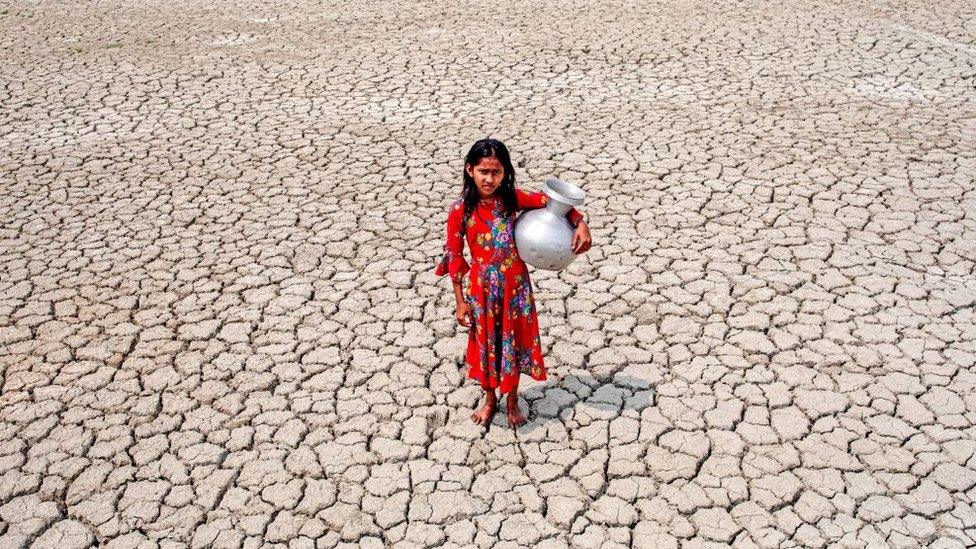
Drought is having an impact in many countries including Bangladesh
The report has been put together by the UN's Intergovernmental Panel on Climate Change (IPCC).
It says that the current promises made by governments to cut carbon emissions aren't enough to save the planet.
Even if they are fully carried out, the world would still warm by 3.2 Celsius this century.
UN Secretary General Antonio Guterres said the current promises will lead to "unprecedented heatwaves, terrifying storms, and widespread water shortages".
Instead, scientists want to ensure that any rises in temperature remain under 1.5 Celsius.
Energy use

However, keeping temperatures down will mean massive changes to where we get our energy from, the ways in which we use transport and the way we treat nature.
Scientists want human carbon usage to reach something called "net-zero" by 2050.
Net zero is the point at which a country is taking as much of these climate-changing gases out of the atmosphere as it is putting in.
That means emissions from homes, transport, farming and industry will have to be avoided completely or offset by planting trees or sucking CO2 out of the atmosphere.
Researchers say that the next few years are crucial because if emissions aren't reduced by 2030, it will make it really difficult to limit warming later this century.
Lifestyle changes
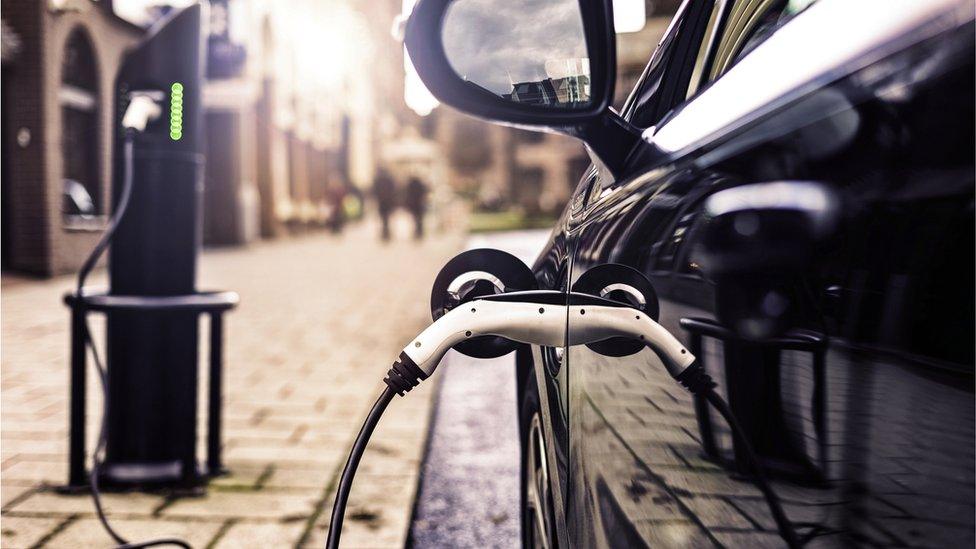
One of the main ways to help in the short term is by changing the way we generate energy, and reducing the burning of fossil fuels.
As well as this, the scientists think diets and lifestyles will also need changing to help reduce carbon.
"Having the right policies, infrastructure and technology in place to enable changes to our lifestyles and behaviour can result in a 40-70% reduction in greenhouse gas emissions by 2050," said Priyadarshi Shukla from the IPPC.
This will mean governments doing more to encourage people to walk and cycle for transport and to eat more healthily, and also improving access to electric vehicles.
One of the most controversial parts of the report is the suggestion that carbon dioxide needs to be removed from the atmosphere.
Removing carbon directly from the atmosphere is very controversial because the technology is very new, very expensive and is only a small part of the changes that need to be made.
- Published14 March 2019
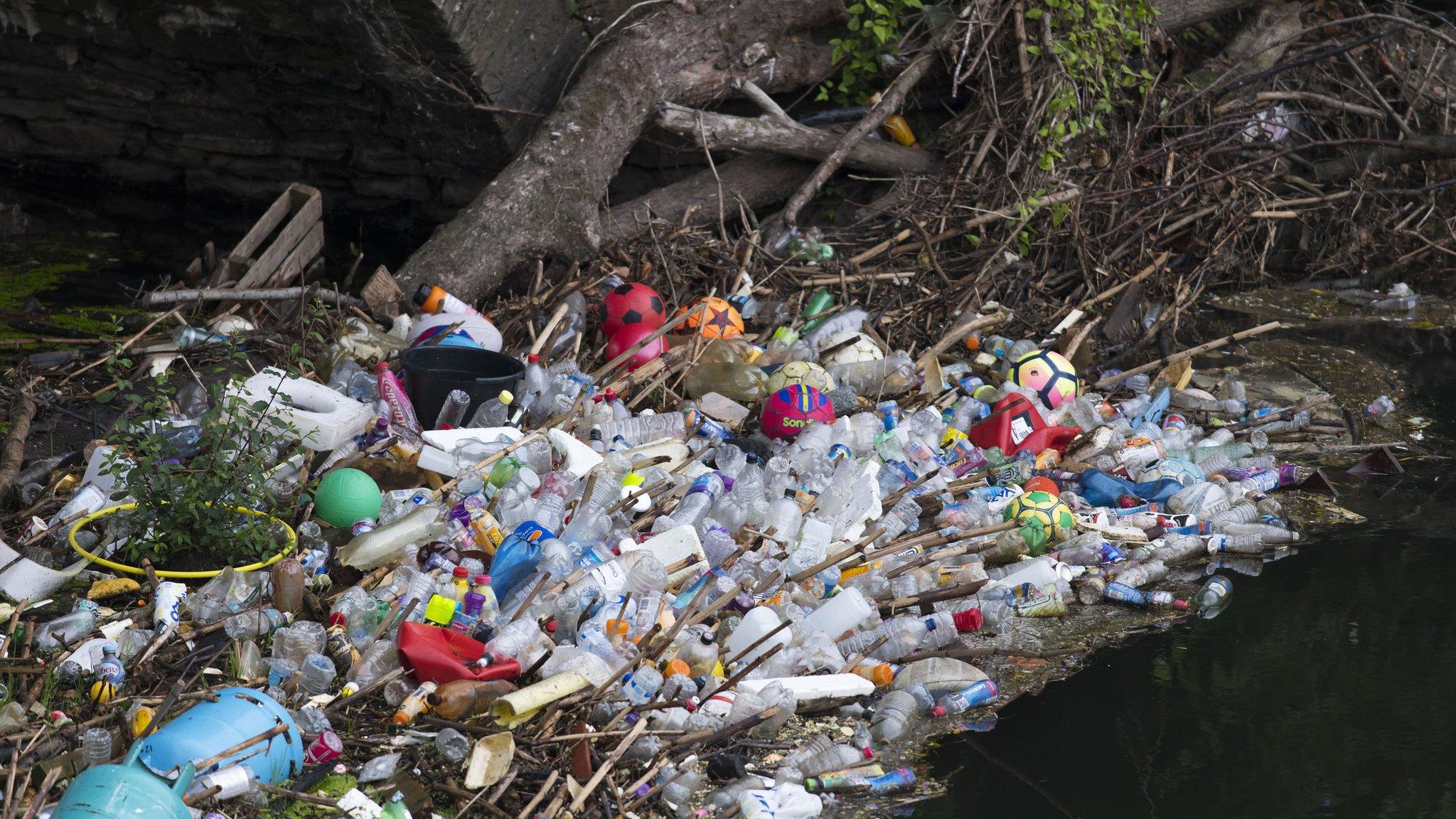
- Published15 November 2021
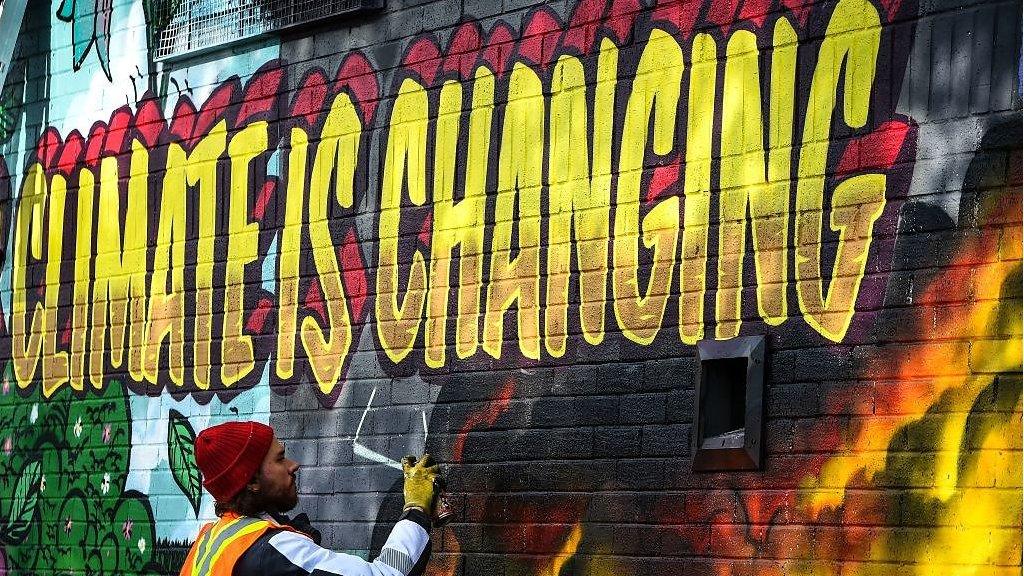
- Published19 May 2020

